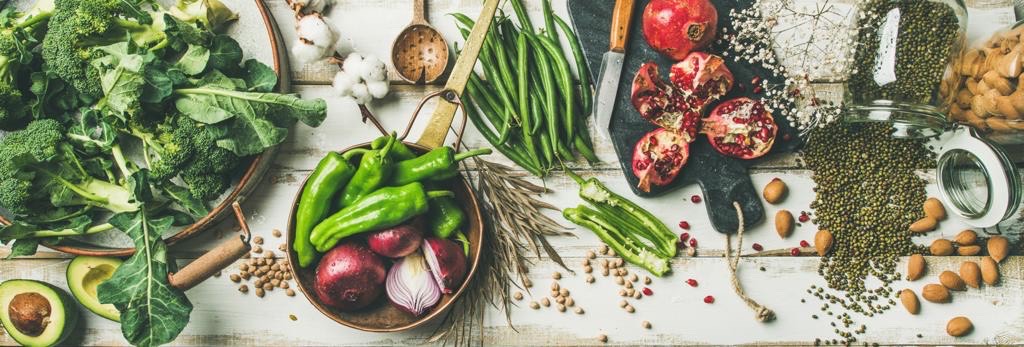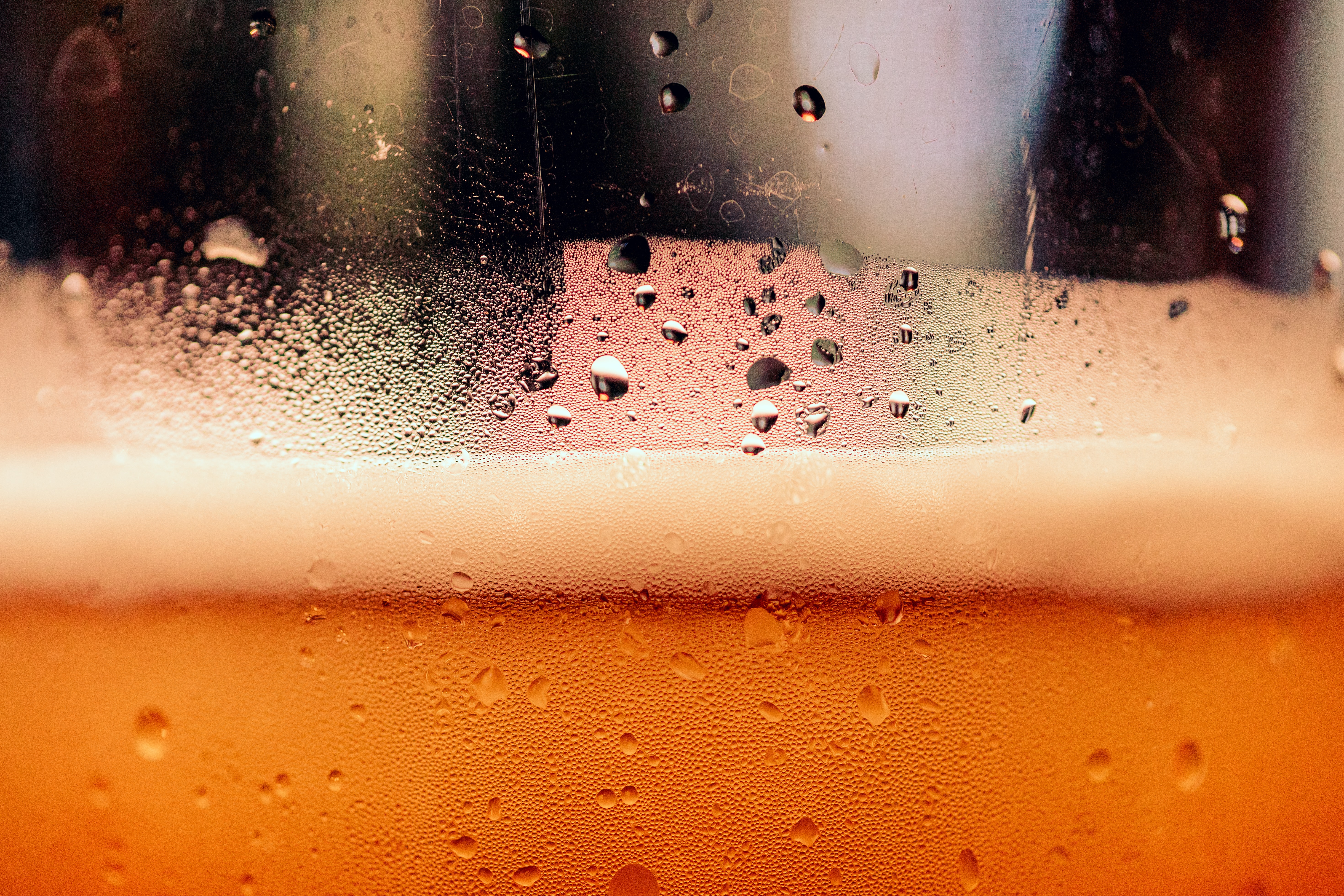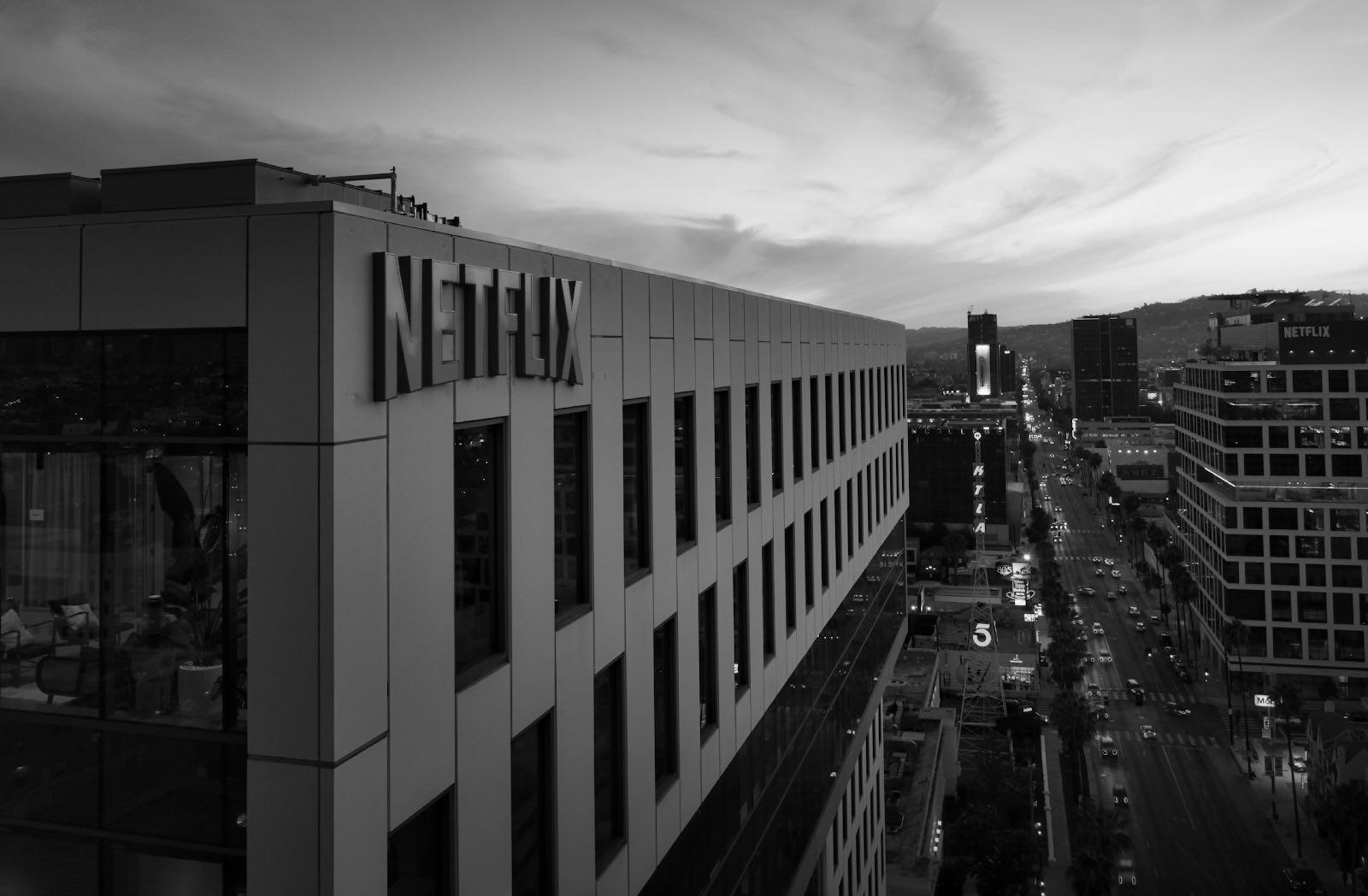By Rodrigo Garcia, Darwin & Verne Department of Content.
Food has never attracted the attention of the media, consumers, and social media users with such force and interest. A vital, daily and sometimes little valued aspect of consumers’ everyday lives has become the leading figure in newspaper headlines, news bulletins, and search rankings and mentions on social media. This has all been caused by one of the biggest health, political, economic and social crises in recent history: COVID-19.
A first impulse reaction led citizens to stock up everything in excess under the premise of not knowing exactly the scope of the to date unprecedented confinement. The shelves of supermarkets and superstores were left empty in very concrete and unexpected categories for many people. Food and beverage brands responded to the outbreak of this crisis with completely renewed communication plans, and an eagerness to be closer to their current and potential customers. It was clear that COVID-19 was going to significantly affect their profit margin, but they couldn’t miss the opportunity to use another type of strategy to get into consumers minds and houses.
It didn’t take long for the dilemma to creep into meetings at the marketing departments of the companies and agencies that collaborate with them. How can we provide security and confidence to consumers terrified by the gravity of an unprecedented health crisis? What strategy allows us to be useful, entertaining and close, without falling into opportunism? We are no longer in that initial moment. We can look back and analyze successes, errors, wrong approaches, and actual trends. We can list four lessons that remind us, in a way, of great movies in the history of cinema that many have used the opportunity to enjoy in recent weeks:
- The field is closer than we think “The Straight Story” (David Lynch, 1999)
The primary sector of our economy (agriculture, livestock and fishery) was in a critical situation for 5 months: fall in prices, widespread protests, uncertainty regarding possible reductions by the Common Agricultural Policy (CAP), and inadequate public services in the depopulated areas of Spain. The COVID-19 crisis has reflected what is, for many, an invisible reality: the primary sector has cushioned the potential civil panic due to the shortage of basic products. The consumer appreciates the work of farmers, ranchers and fishermen now more than ever. This point has become the core message being driven across in the advertising campaigns of many of the companies in the sector. The rural industry, agri-food companies and advertising agencies are, once and for all, walking the same path.
- The home, stage of experiences (“Parasite”, Bong Joon Ho, 2019)
Mass consumer brands have always considered the home to be the most appropriate context for their products, but they lacked that point of originality, exclusivity and a real ability to create lasting memories. The COVID-19 crisis has awakened them from that lethargy and has forced them to show more creativity in their messages, something that also rings true for food brands in the gourmet or premium sector. What we used to experience in bars and restaurants, we now want to recreate at home. It’s not something circumstancial. It has come to stay. Soon we will return to the terraces, restaurants and bars, but without neglecting the setting of our own homes.
We will share experiences, and we will divide the stage.
- A new era in the HORECA sector. (“Ratatouille”, Brad Bird, 2007)
The crisis will have negative consequences on the hospitality industry, but without a doubt it is also an opportunity for those who are committed to quality and food safety to stand out. The client will never be the same. They will transform, almost unwillingly, into much more demanding consumers, and will light the fuse of the competition to capture them. Those who strive to attract and retain their attention will win.
- The great eCommerce moment (“The Social Network”, David Fincher, 2010)
Two recent reports from large consulting firms like Deloitte and KPMG highlight the unstoppable boom in our country of e-commerce in the food sector during the COVID-19 crisis. This element marks a real turning point: the consumer has finally overcome certain barriers to trust in the comfort and convenience of purchasing basic and gourmet products online. Purchasing books, electronic products, fashion or sports equipment online was common practice. Faced with the fear of infection in supermarkets and the inability to go shopping at any time, the user has been carried away by the benefits of buying food and drinks online. Brands face a golden opportunity to diversify channels and build loyalty. Will they know how to take advantage of it?
Article written by Rodrigo Garcia, Darwin & Verne Content Department, for the Best Awards Newsletter.



